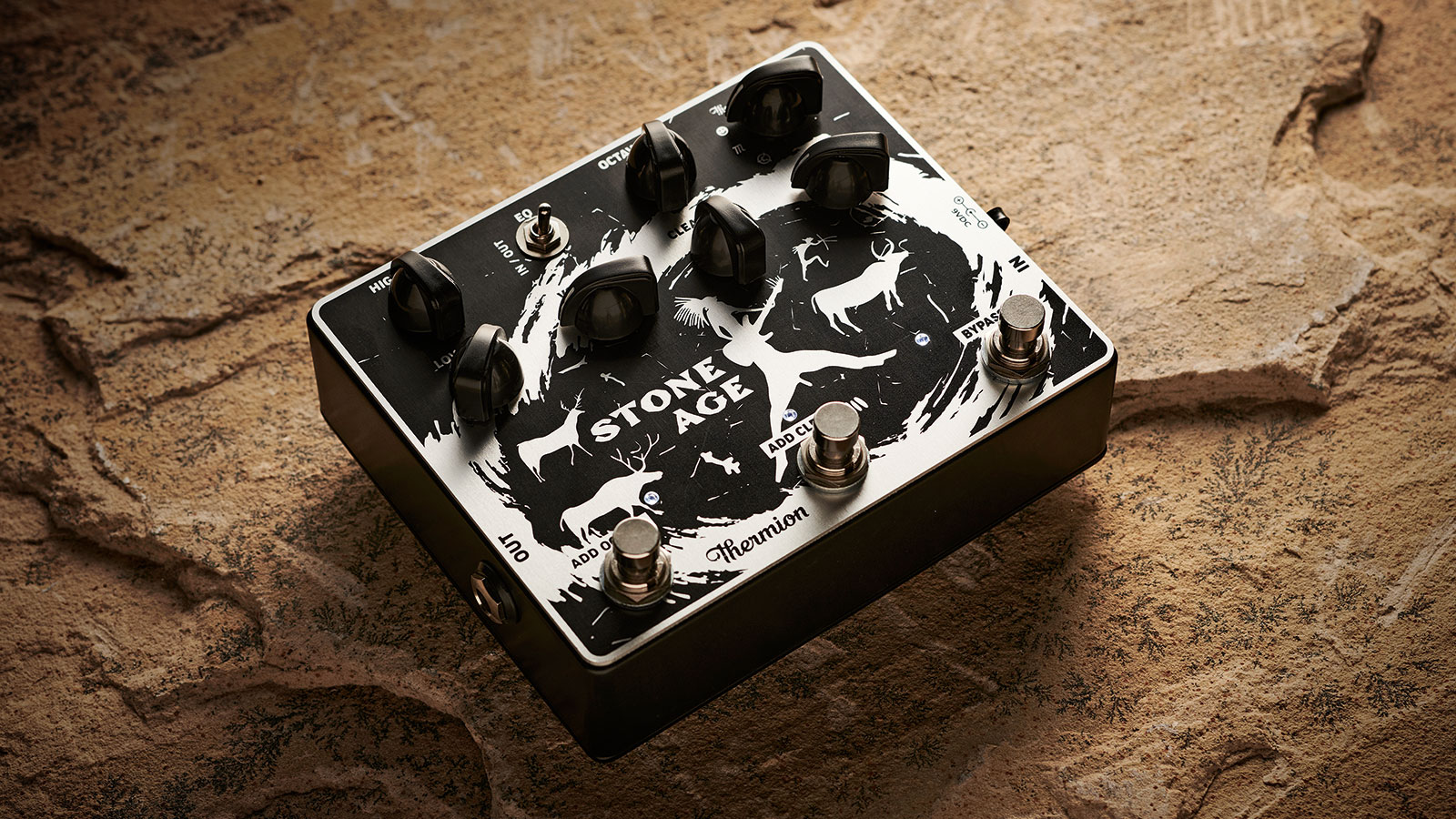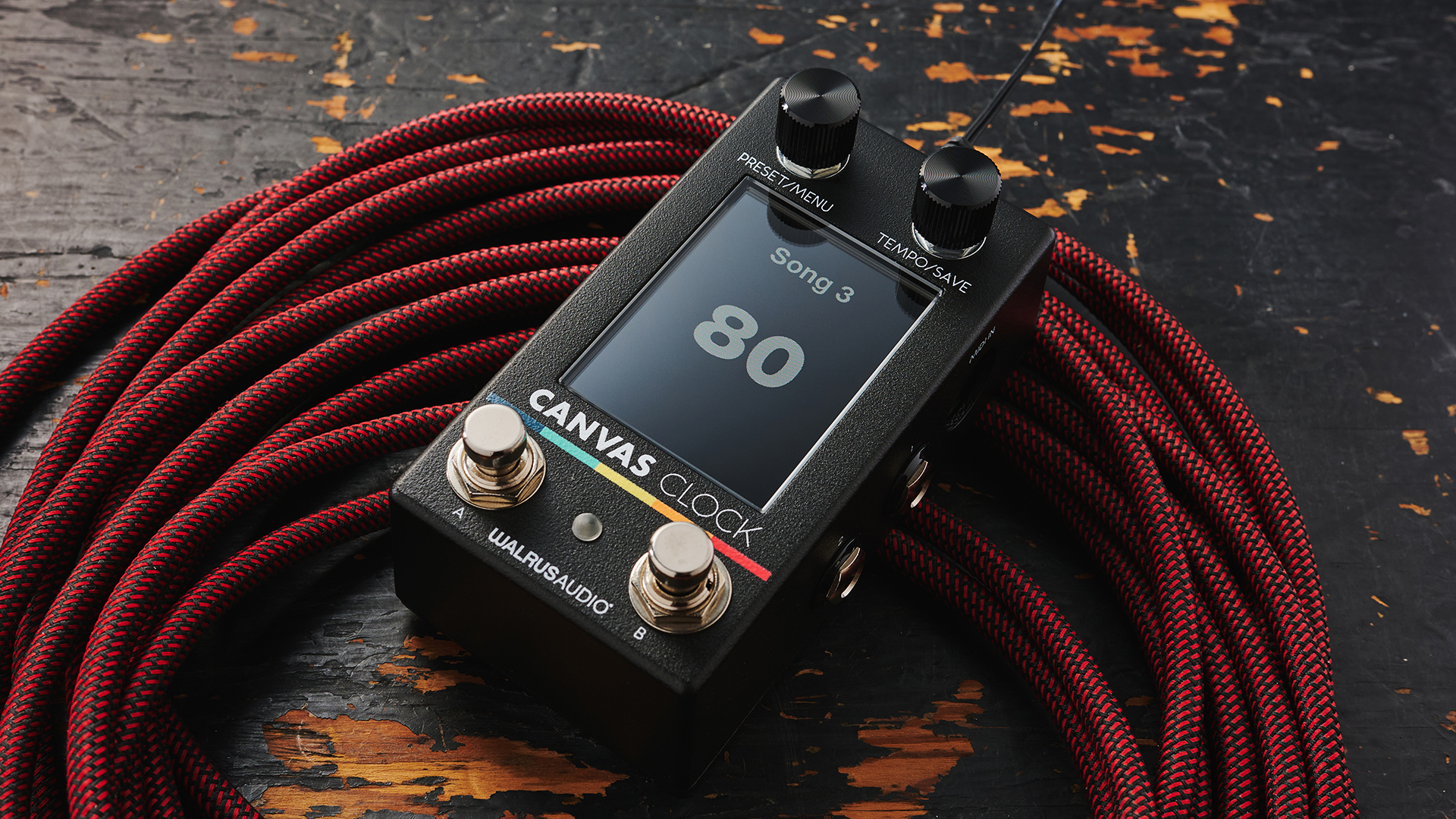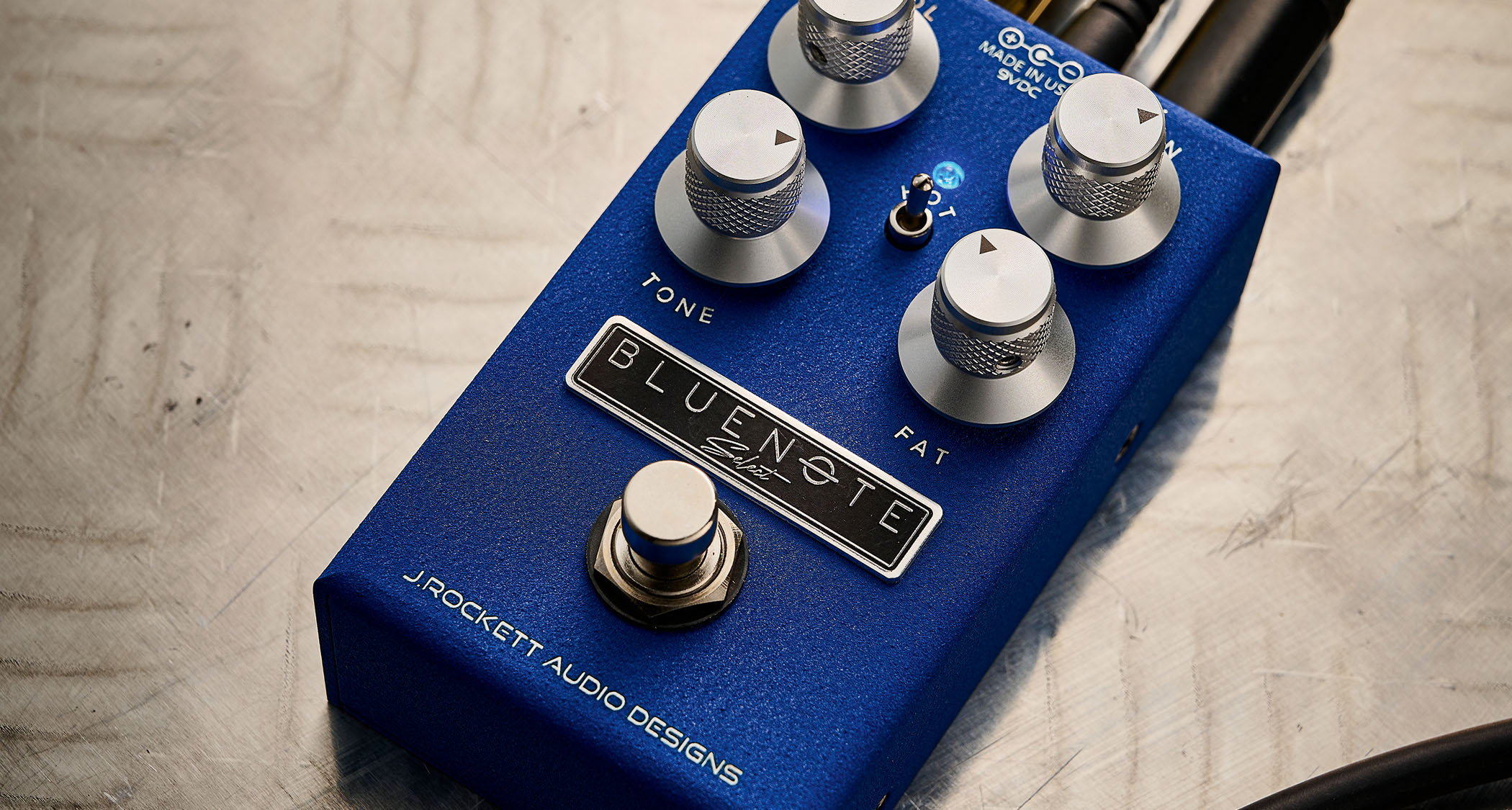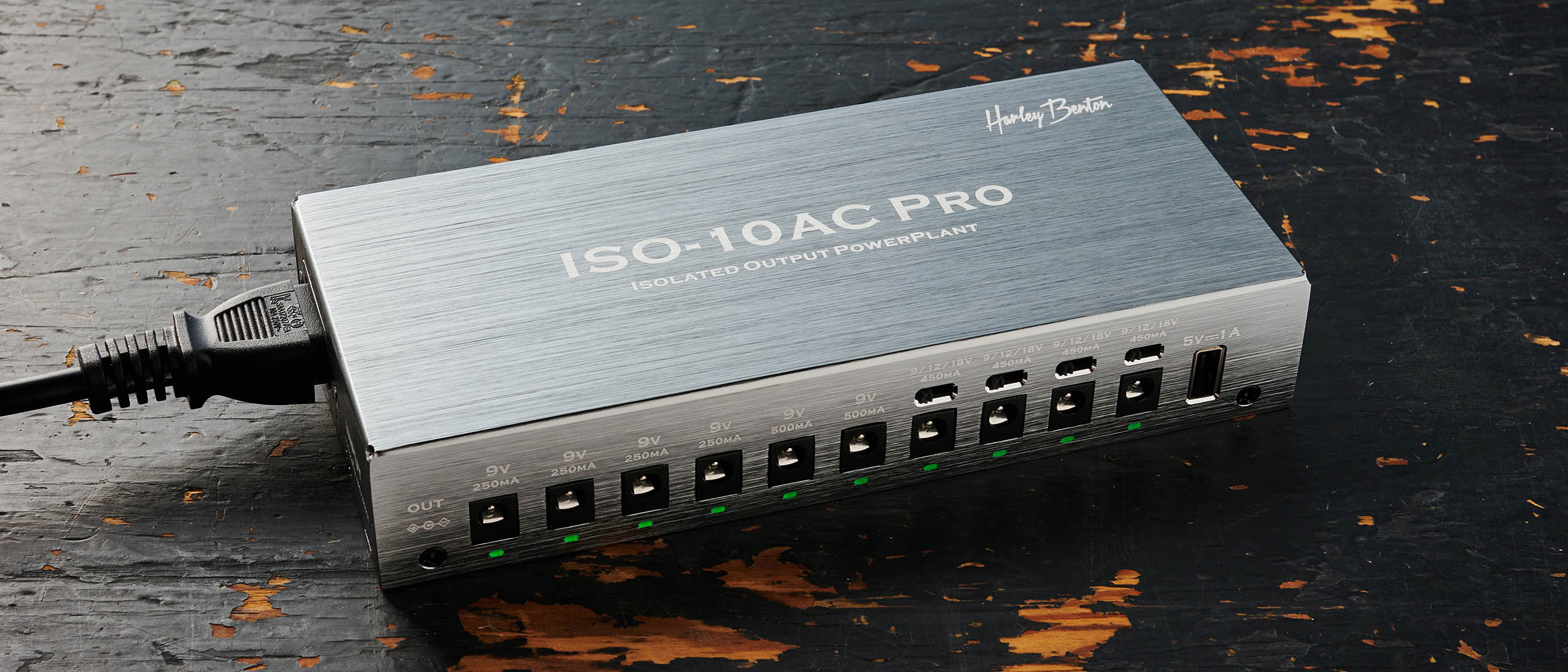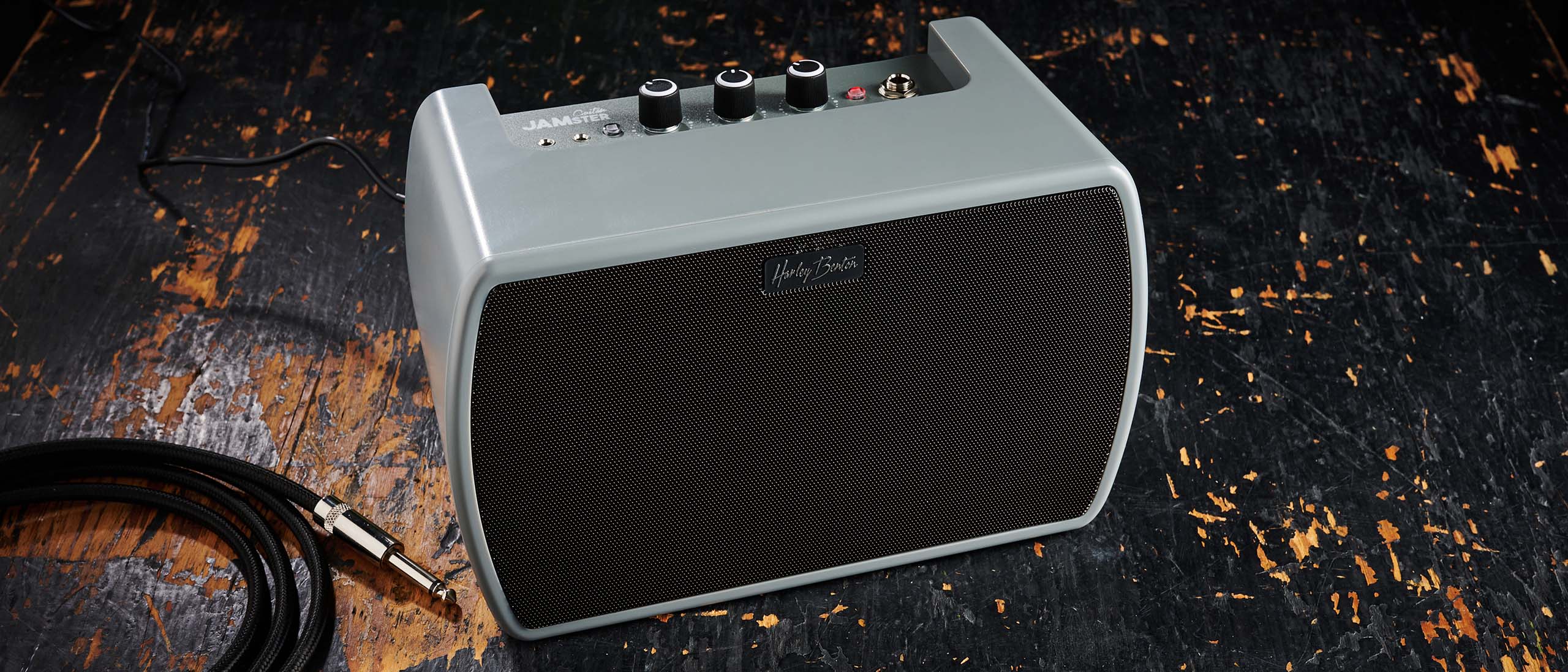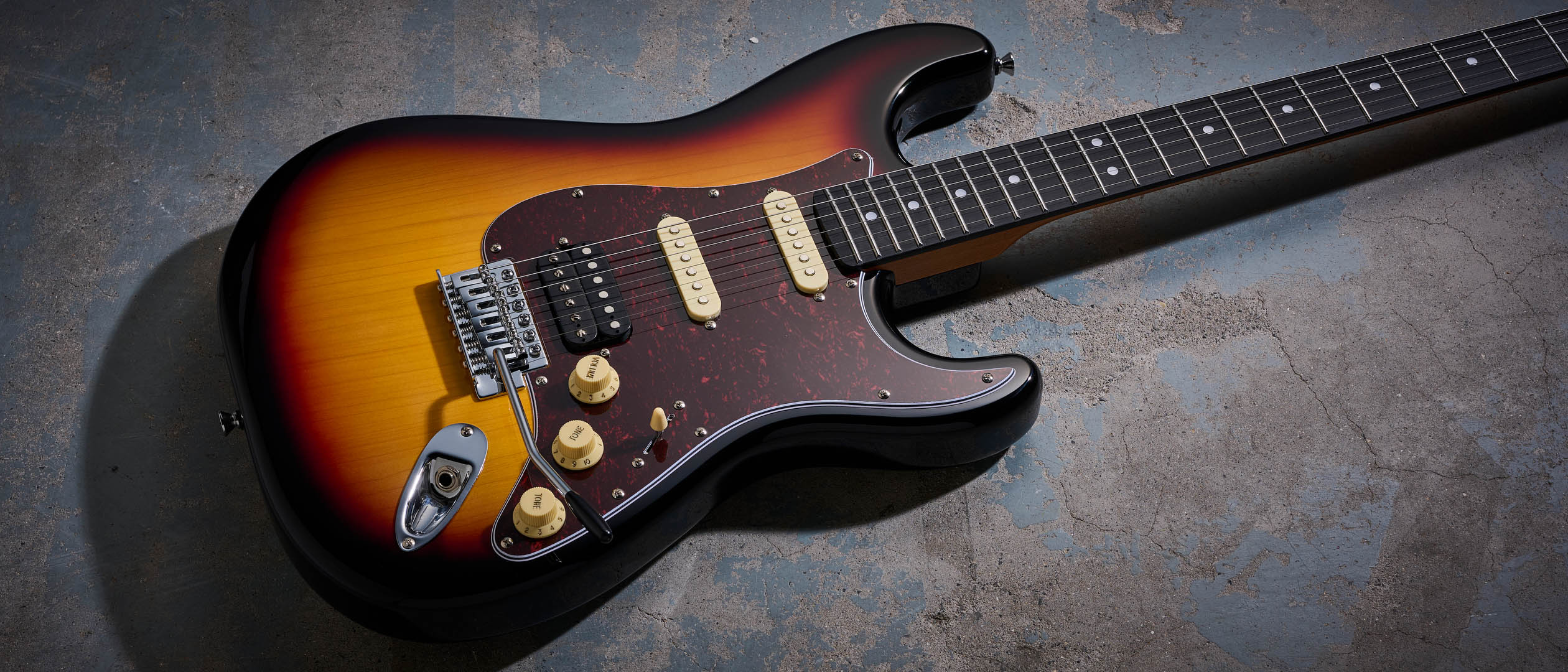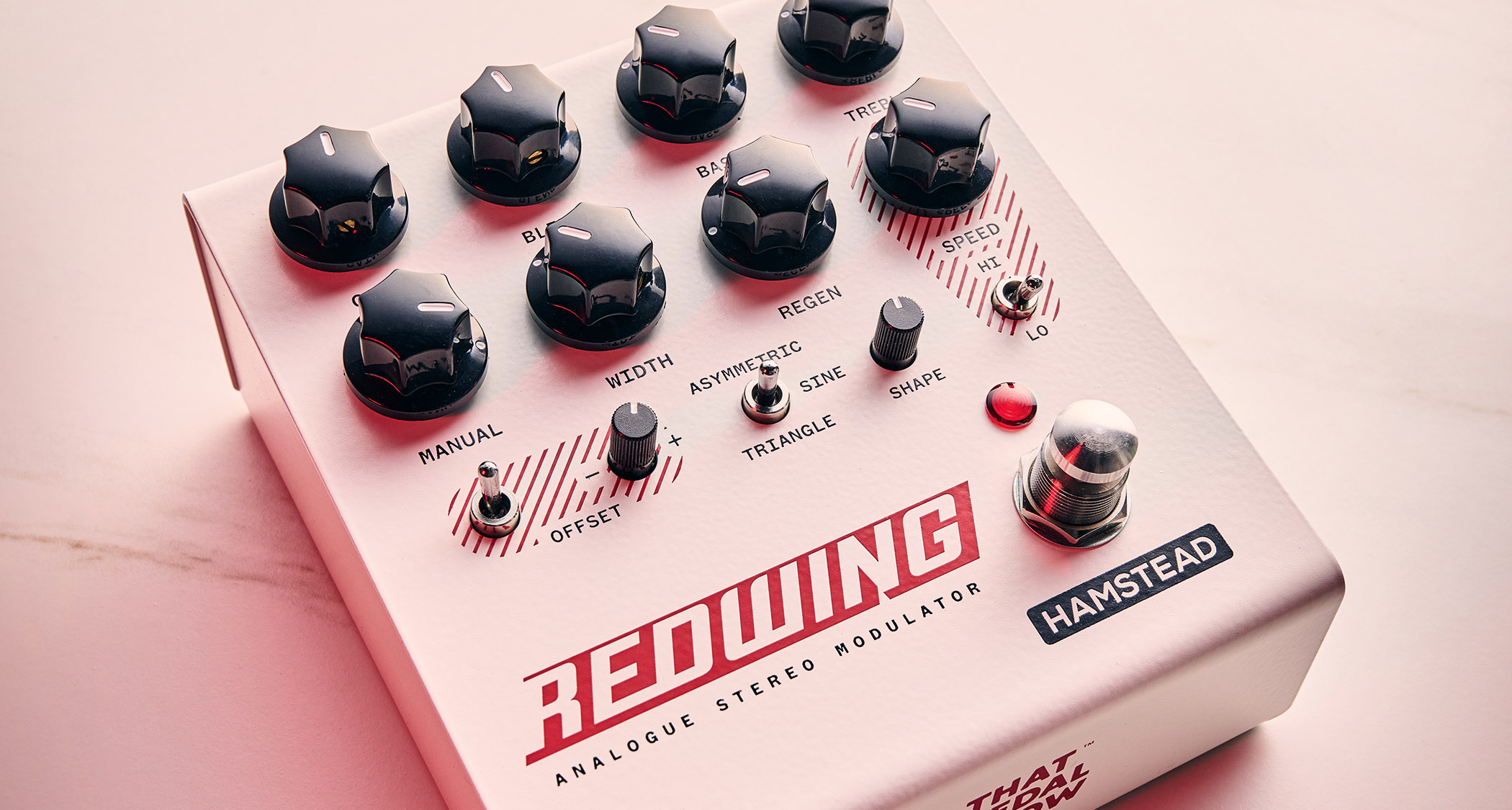Guitar World Verdict
If you don’t mind splashing the cash, we’d definitely recommend taking a look at Thermion’s Stone Age – it may just take care of all your fuzz needs.
Pros
- +
Four distinct fuzz engines in one chassis.
- +
Footswitchable octave and clean blend.
- +
Practical EQ section.
Cons
- -
For those who are tight for ’board space, the side-mounted socketry adds to what’s already a wide pedal.
You can trust Guitar World
We know that fuzz is fuzz, but there are plenty of different flavours out there and we all have our favorites among them. So what if we got the sounds of several of fuzzes in a single pedal?
Okay, we’ve seen the digital modeling pedals that offer you the likes of Fuzz Face and Big Muff sounds in one place, but what about an analogue pedal that does a similar thing while retaining tradition by using transistors exactly like all classic fuzz pedals do?
That pedal is the Thermion Stone Age. Loaded with 10 silicon transistors, the pedal packs four different fuzz engines into its three-footswitch chassis. The fuzz type is chosen via a rotary switch.
This means that only one fuzz is available at a time and that you can’t stack them – but there’s actually loads of sonic flexibility by bringing those two extra footswitches into play.
One adds adjustable amounts of octave to the fuzz, and the other does the same for clean sound. On top of that you also get a toggle switch to bring in high- and low-cut filters to shape the tone, all very useful in reducing low-end woofiness or adjusting the top-end to match your guitar amp.
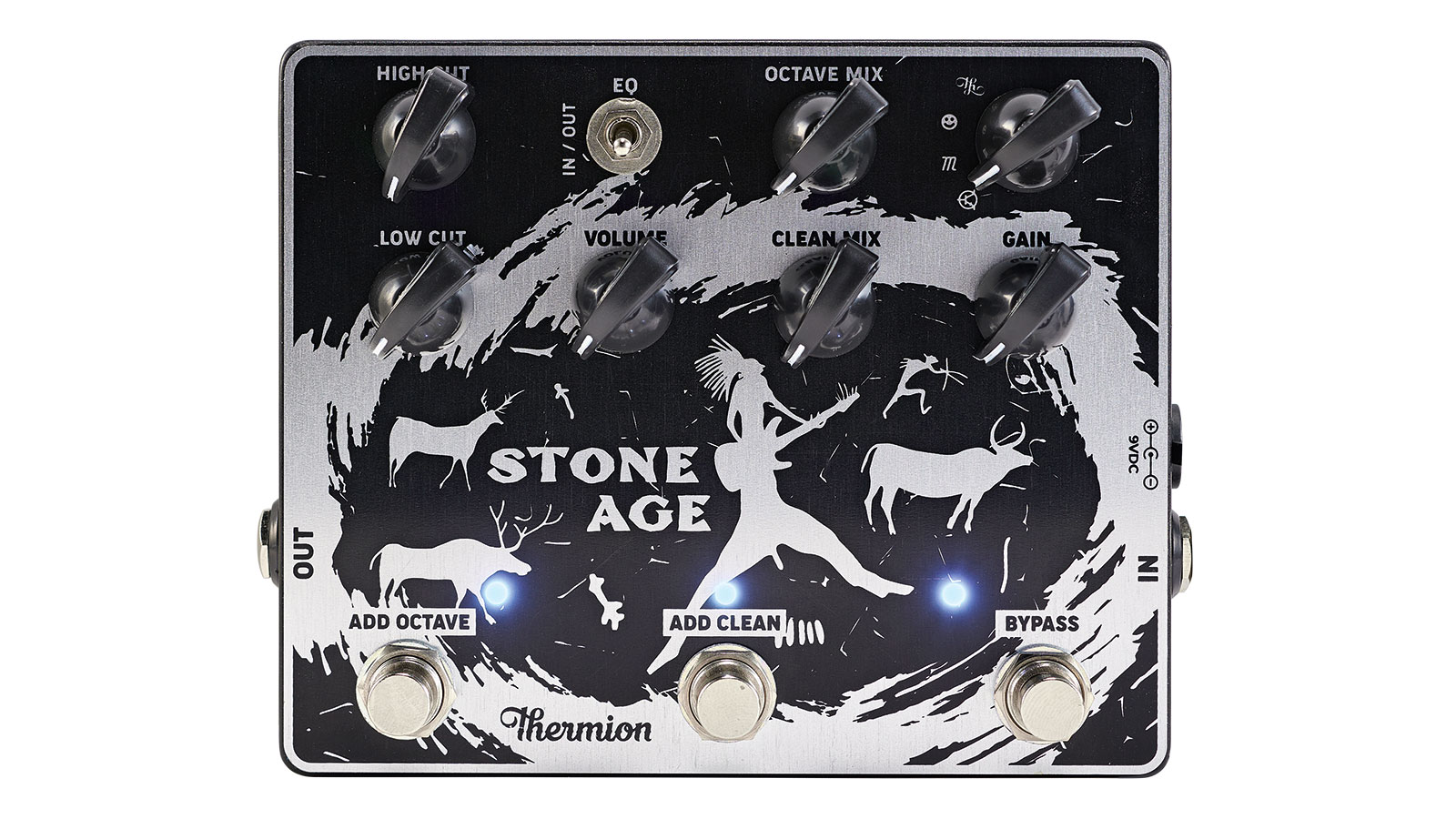
Sounds
The four fuzz modes selected with a rotary switch are a Single Transistor fuzz, Maestro (based on the Maestro FZ-1), Face (no explanation needed!), and Thermion, which is a modified version of a four-transistor Big Muff. The fuzz is turned up by a Gain knob, and a Volume knob sets the pedal’s output with plenty available beyond unity gain for volume boost or to drive your amp.
The Clean Mix completely justifies its inclusion by building in an element of clarity and note definition
First up, the Single Transistor has a bright crunchy vibe to it and, although it’s a fuzz circuit, it can offer an array of broken up overdrive-like tones.
Its nature makes it an obvious choice to use with some Clean Mix as you can basically set a high level of the clean sound and add in just a little dirt for a useful range of edge-of-break-up tones. With all four of the fuzz engines, though, the Clean Mix completely justifies its inclusion by building in an element of clarity and note definition.
We’ve recently seen Gibson revive its Maestro brand and put out a new version of the ‘Satisfaction’ fuzz, the FZ-1, and the one here has a similar raspy-edged disposition. It starts out relatively full- bodied, but the filters can thin things out for a leaner fuzz.
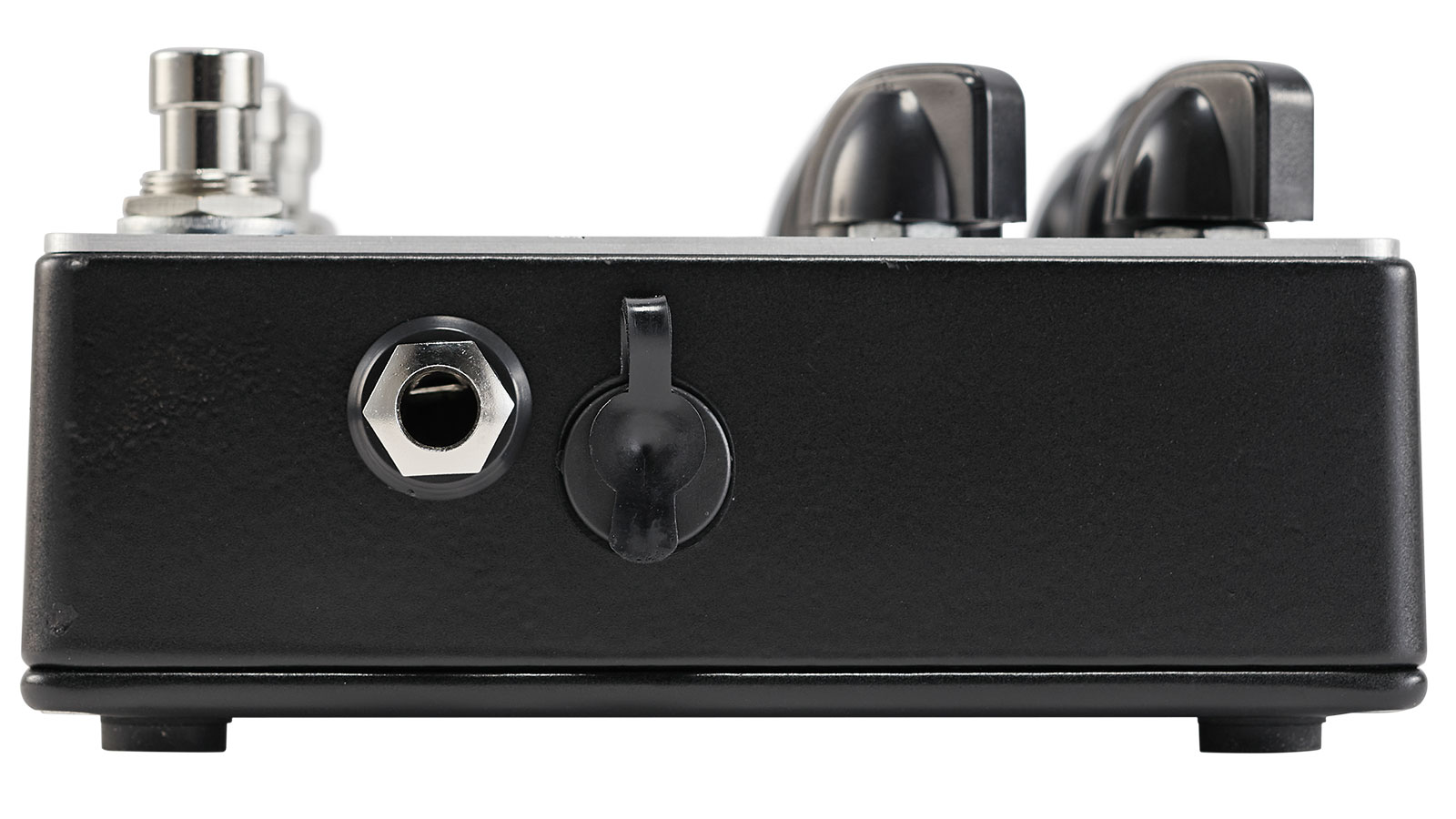
If you want more gnarliness, you can introduce the octave. With all of the fuzz engines, low levels of the Octave Mix knob will bring in the extra upper harmonic, adding an enhancement to the sound that works particularly well with sustained notes in solos.
However, higher levels offer a certain trebly raucousness that can add a more extreme edge. That works particularly well with the Maestro, but it also adds another dimension to the other engines, conferring a versatility that can take them beyond their normal operating envelope.
Staying true to the original vintage sounds while bringing something new to the table, this is a true fuzz facilitator
The Face setting is obviously designed to emulate a two-transistor Fuzz Face – and it succeeds admirably with a familiar sound that cleans up wonderfully with your guitar’s volume knob. If you’re not averse to a bit of Hendrix tonality, this will get you there with added Octavia flavoring if needed.
The Thermion has plenty of Big Muff flavor, though the filters can’t replicate the exact extremes of variation you’d get with a Muff ’s single wide-ranging Tone knob. In some ways, however, they offer more practical control. The basic tonal ballpark here is one that many would use, and being able to thin out any low-end murk or roll back a bit of top-end from it to best suit your rig is an invaluable asset.
Verdict
If you want a fuzz box and don’t mind the price tag, then we’d definitely recommend the Stone Age. While the four fuzz engines onboard are tempting enough in their own right, it’s the extra Octave and Clean Mix facilities that make this such a flexible proposition.
Staying true to the original vintage sounds while bringing something new to the table, this is a true fuzz facilitator offering the widest range of fully analogue fuzz tones in a single pedal.
Specs
- PRICE: £249
- ORIGIN: Spain
- TYPE: Fuzz pedal
- FEATURES: True Bypass, 4x fuzz engines, Octave, Clean Mix, EQ
- CONTROLS: High Cut, Low Cut, EQ In/Out switch, Octave Mix, Fuzz selector switch, Volume, Clean Mix, Gain, Add Octave footswitch, Add Clean footswitch, Bypass footswitch CONNECTIONS: Standard input, standard output
- POWER: 9V DC adaptor 140ma (not supplied)
- DIMENSIONS: 150 (w) x 120 (d) x 60mm (h)
- CONTACT: Thermion Pedals
Trevor Curwen has played guitar for several decades – he's also mimed it on the UK's Top of the Pops. Much of his working life, though, has been spent behind the mixing desk, during which time he has built up a solid collection of the guitars, amps and pedals needed to cover just about any studio session. He writes pedal reviews for Guitarist and has contributed to Total Guitar, MusicRadar and Future Music among others.
